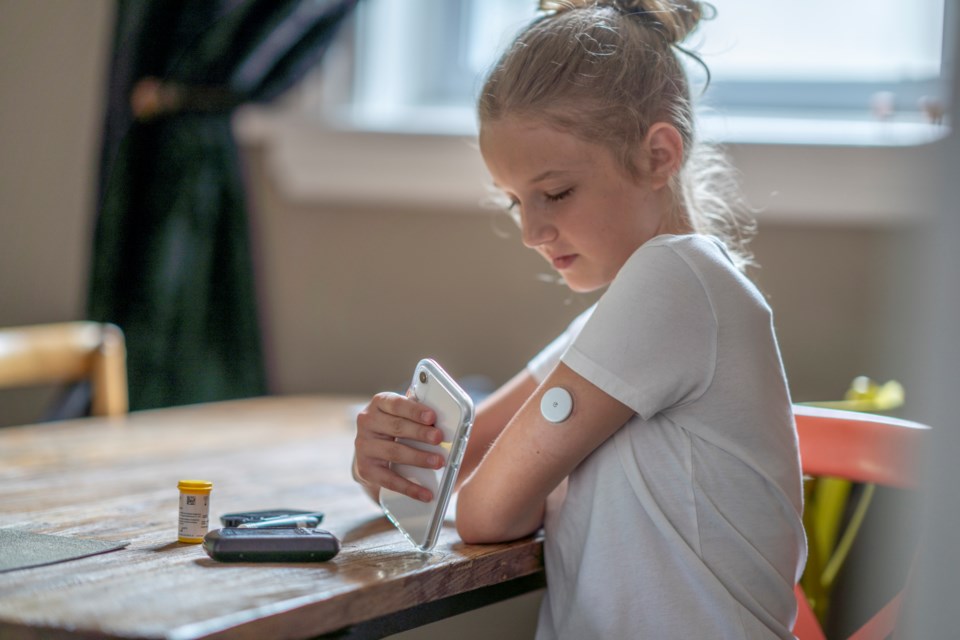Researchers at the University of British Columbia and Vancouver Coastal Health have released a first-of-its-kind study demonstrating a treatment for Type 1 diabetes involving stem cells.
They used an implantable device that can produce insulin and worked with 15 British Columbians dealing with severe Type 1 diabetes, the university describes in a press release. Stem cells hold "incredible promise" says the study's senior author, Dr. Timothy Kieffer.
“Our findings demonstrate the incredible potential of this stem cell-based treatment. With further research, this treatment could one day eliminate dependence on insulin injections and transform the management of Type 1 diabetes,” says Kieffer, a professor in UBC faculty of medicine’s departments of surgery and cellular and physiological sciences.
The principal investigator in the study is calling the findings a significant breakthrough.
“This work represents a major scientific breakthrough and demonstrates the critical role UBC and VCH are playing on the international stage to help find a cure for Type 1 diabetes through state-of-the-art research,” says Dr. David M. Thompson, who's also the director of the Vancouver General Hospital's diabetes centre.
The treatment involves the surgical implanting of a 7 cm device with millions of lab-grown stem cells. These cells had been 'coached' so that they'd eventually become beta cells; these are the cells that make insulin, the hormone that regulates blood sugar levels.
"Six months after implantation, the researchers observed that the cells had not only survived but successfully matured into insulin-producing beta cells, helping the patient’s body to sense blood sugar levels and release insulin when needed," states UBC.
They tested the theory by looking at blood from after a patient had a meal and observed evidence insulin created by the cells in the device were doing their job. Some patients also were able to inject less insulin while using the device.
The device is produced by a company in California called ViaCyte; Kieffer was recently appointed their chief scientific officer.
It's believed Type 1 diabetes affects 300,000 Canadians and 1.6 million Americans, along with millions more globally.



